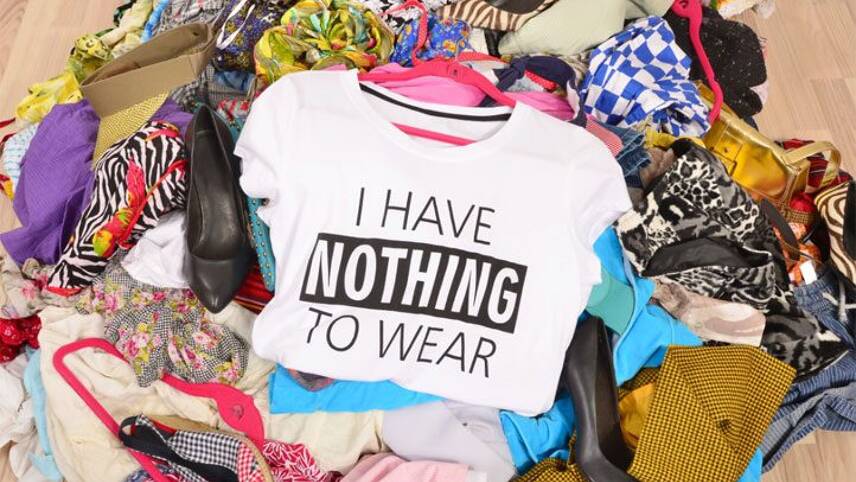Register for free and continue reading
Join our growing army of changemakers and get unlimited access to our premium content

The report argues that legislation is needed to stop fast fashion's negative environmental impact from spiralling
The ‘Fossil Fashion’ report, produced by the Changing Markets Foundation, reveals that polyester is found in more than half of all textiles produced globally. While previous research has laid bare the challenges of recycling polyester once it has been blended with other materials; the contribution of fast fashion to waste and of the microplastic pollution which synthetic clothing sheds when washed, the new report also outlines the climate impact.
According to the report, the production of virgin polyester globally has doubled since 2000. The process is now generating 700 million tonnes of CO2e every year – as much as 180 coal-fired power plants. The report forecasts that emissions from the sector could double by 2030. It considers strong and continued growth in the fast fashion sector and an uptick of polyester use for textiles in the home, compounded by the influence of the fossil fuel sector.
“The oil and gas industry is betting big on plastics, from which polyester and synthetic fibres are made, as revenue from other sectors, such as transport and energy, declines,” the report states.
“Much of the future growth in demand for oil is projected to come from the production of plastics, with BP estimating the share could be as high as 95%.” BP has notably exited the plastics sector but sold its production assets rather than shutting them down.
Policy recommendations
Stricter legislation, the report argues, will be necessary to prevent these existing environmental issues from getting worse in the coming years. It points out that while some big brands are voluntarily committing to sourcing more recycled synthetics, including H&M Group, that global virgin production is continuing to snowball due to good economic conditions.
The Changing Markets Foundation is making specific calls to action to the European Commission. This is because it is currently preparing a new textile strategy, and because the EU is the largest importer of textiles and apparels in the world.
Eco-design measures for apparel and textiles, similar to those introduced for electronics through the Circular Economy Action Plan, are recommended in the report. Measures could eliminate hard-to-recycle material blends and ban the use of the highest-emission, most toxic fibres. The Foundation would like these measures coupled with a tax on virgin plastic, extending to virgin fossil-based textiles; new extended producer responsibility requirements (EPR) for textiles and incentives for business models like fashion resale and repair.
More broadly, the report calls for better due diligence legislation that would require businesses to measure and disclose their negative impacts across environmental and social issues. It argues that many textiles businesses do not account for the full impact of their supply chain, often by attributing responsibility to third-party suppliers. This was, indeed, the case with Boohoo Group’s human rights scandal in 2020.
The Changing Markets Foundation’s campaign manager Urska Trunk said: “We’re buying more, wearing it less, throwing it out faster, and more and more of it now comes from fossil fuels. We know that the fashion industry won’t solve this problem on its own. The European Commission needs to come forward with a wide-ranging textile strategy that overhauls the dependence of fashion on fossil fuels and puts the industry on a more sustainable footing. As one of the biggest textile markets, the EU has a terrific opportunity to address a blind spot which is endangering our ability to live within the planet’s limits.”
Organisations including the Clean Clothes Campaign and the Plastic Soup Foundation are backing the report’s recommendations.
State of play in the UK
Here in the UK, MPs on the Environmental Audit Committee (EAC) put forward a string of recommendations to make the fashion industry more sustainable in 2019, after an extensive inquiry. All recommendations were thrown out.
The Resources and Waste Strategy did include some measures around EPR and recycled content. However, consultations around its implementation, scheduled for 2020, were all pushed back to 2021 due to Covid-19.
The EAC is now set to run a second ‘fixing fashion’ inquiry, in the hopes that the recommendations can be fine-tuned and accepted by Government.
Sarah George


Please login or Register to leave a comment.